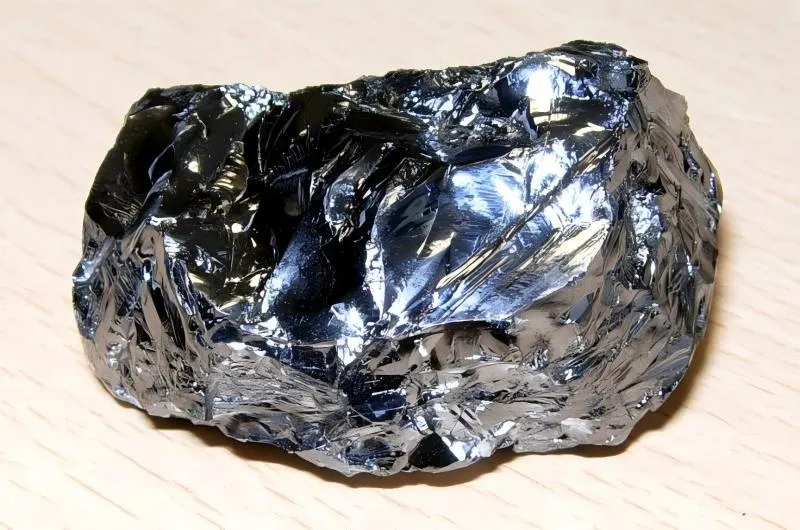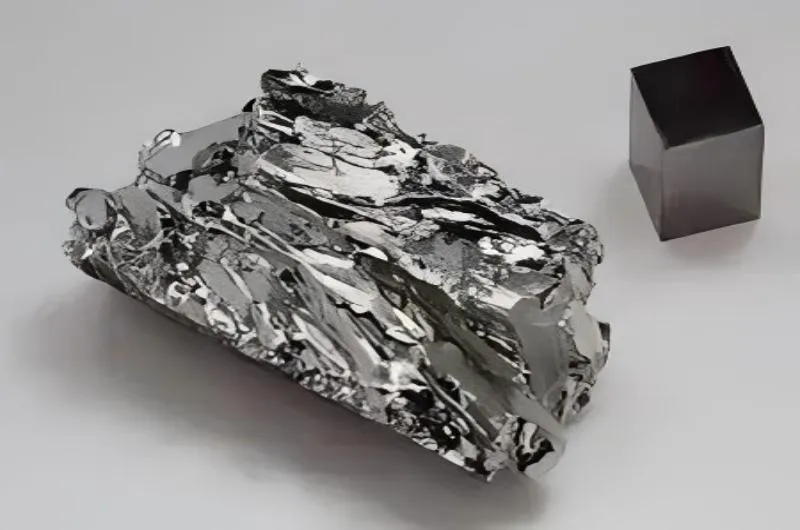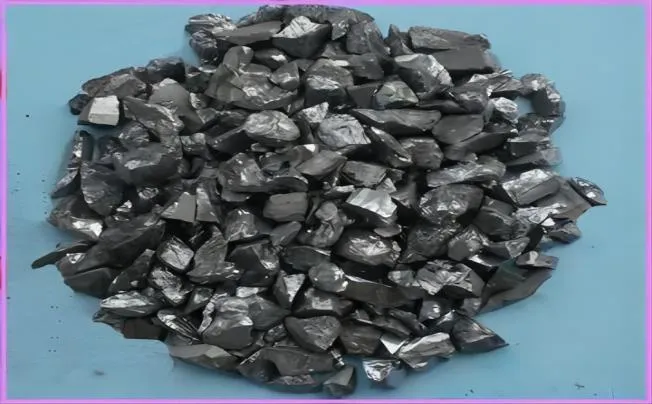BY  GENN
GENN
2024/09
Blog
What Is Silicon In Everyday Use?
Silicon, a chemical element with the symbol Si and atomic number 14, is an abundant and versatile element that plays a crucial role in various aspects of our everyday lives. With its remarkable properties and widespread applications, silicon has become an indispensable component in numerous industries.
The Role of Silicon in Technology
Silicon Wafers in Semiconductor Manufacturing
Silicon is a fundamental material in the electronics industry, especially in the production of semiconductor devices. Silicon wafers, thin discs of crystalline silicon, serve as the base for manufacturing integrated circuits and microchips.
These wafers undergo a meticulous process involving doping and etching to create intricate patterns of electronic components on their surface. The purity and quality of silicon wafers are critical for ensuring the optimal performance of electronic devices.
The Crucial Role of Silicon in Integrated Circuits and Microchips
Integrated circuits, commonly known as microchips, are at the heart of modern electronics. Silicon plays a crucial role in these tiny marvels by serving as the semiconductor material that enables electronic signals to flow within the circuit.
The properties of silicon allow for precise control over electrical conductivity, facilitating the creation of complex circuits that power our digital world. Without silicon’s unique characteristics, such as its stable crystalline structure and semiconducting properties, the miniaturization and efficiency gains achieved in electronics would not be possible.
Silicon in Construction Materials
In the realm of construction, silicones have emerged as incredibly versatile building materials due to their unique properties. These synthetic compounds, derived from silicon, exhibit an exceptional combination of flexibility, durability, and resistance to environmental factors.
One of the primary applications of silicones in construction is silicone sealants. These sealants are commonly employed for their remarkable waterproofing properties.
Waterproofing Properties of Silicone Sealants
Silicone sealants have revolutionized the construction field by providing effective and long-lasting waterproofing solutions. These sealants are formulated using silicone polymers that create a resilient barrier against water intrusion.
When applied to joints or gaps in various structures such as windows, doors, roofs, and facades, silicone sealants prevent water penetration by forming a tight bond with the surrounding surfaces. Furthermore, silicone sealants offer excellent adhesion to various materials including glass, metal, concrete, and plastic.
This versatility allows for their application in diverse environments and ensures reliable protection against moisture-related issues such as leaks and dampness. Whether used in residential or commercial buildings, silicone sealants provide an essential line of defense against water damage by effectively sealing vulnerable areas.
Durability and Flexibility of Silicone-Based Adhesives
Another remarkable aspect of silicones in construction lies in their use as adhesives. Silicone-based adhesives offer exceptional durability and flexibility when bonding various building materials together. They can withstand extreme temperatures ranging from cold to scorching heat without losing their adhesive strength or integrity.
Due to their high elasticity properties, silicone-based adhesives can absorb vibrations caused by movement or thermal expansion/contraction within structures without compromising the bond between materials. This quality makes them ideal for applications where flexibility is required, such as attaching decorative elements or securing architectural components subjected to constant stress.
Additionally, these adhesives demonstrate excellent resistance against UV radiation from sunlight and various chemicals found in harsh environments. Their ability to maintain stability over extended periods makes them a reliable choice for bonding different substrates—ranging from glass and ceramics to metals and plastics—in both interior and exterior construction projects.
Silicon in Beauty and Personal Care Products
Role of Silicones in Cosmetics
Silicones have become prevalent in the cosmetics industry due to their unique properties and versatility. These synthetic compounds, derived from silicon, are widely utilized for their ability to create smooth textures and enhance product performance. The role of silicones in cosmetics can be attributed to their film-forming abilities, which provide a range of benefits such as reducing moisture loss, improving spreadability, and enhancing the overall sensory experience.
Silicone-based hair products have gained immense popularity for their ability to transform dull and unruly hair into lustrous locks. This is primarily due to the film-forming properties of silicones that create a protective layer over the hair shaft, preventing moisture loss and minimizing frizz.
Silicone oils such as dimethicone or cyclomethicone form a lightweight barrier that seals the cuticle, resulting in smoother hair with enhanced shine. Additionally, these silicone-based hair products offer heat protection during styling, making them indispensable for those seeking both aesthetic appeal and hair health.
Silicone Derivatives Used as Skin Conditioning Agents
Beyond their usage in hair care products, silicone derivatives find application as skin conditioning agents in various personal care formulations. These derivatives are modified versions of silicones that possess specific functionalities tailored to skincare needs.
For instance, dimethicone copolyol acts as an emollient by forming a breathable yet protective barrier on the skin’s surface. This helps to retain moisture while imparting a velvety-smooth feel.
Furthermore, silicone-based emulsifiers like Cyclopentasiloxane aid in delivering active ingredients deeper into the skin layers through improved penetration capabilities. These emulsifiers also contribute to creating elegant textures in creams and lotions by providing a silky touch without leaving behind any greasy residue or heaviness on the skin’s surface.
Silicon In the Food Industry
Role Of Silica As An Anti-Caking Agent In Spices And Powdered Foods
The presence of silica as an anti-caking agent in spices and powdered foods serves a vital purpose beyond just maintaining their appearance. When exposed to moisture or humidity, ingredients like salt or spices tend to clump together, leading to undesirable texture changes and difficulties in dispensing them evenly during cooking or seasoning.
Silica acts as a desiccant by absorbing moisture from the surrounding environment, thereby preventing caking and preserving the original texture of these products. Furthermore, silica’s ability to prevent caking extends shelf life by ensuring that powdered foods remain free-flowing for extended periods.
This feature not only benefits consumers by maintaining product quality but also aids manufacturers in reducing product wastage caused by spoilage or unappealing appearance due to caking issues. The strategic inclusion of silica as an anti-caking agent underscores its significance in enhancing convenience and preserving the sensory attributes of various food items.
Use Of Silica Gel As Desiccant In Food Packaging
In addition to its direct application within food products themselves, silicon compounds like silica gel are instrumental in food packaging for moisture control purposes. Often found inside packets labeled “Do Not Eat,” silica gel serves as a desiccant that absorbs excess humidity within sealed packaging environments.
This functionality helps prevent moisture-related degradation such as mold growth or staleness that can compromise product freshness. Silica gel’s high absorption capacity makes it ideal for protecting packaged foods from spoilage due to moisture exposure during storage or transportation.










